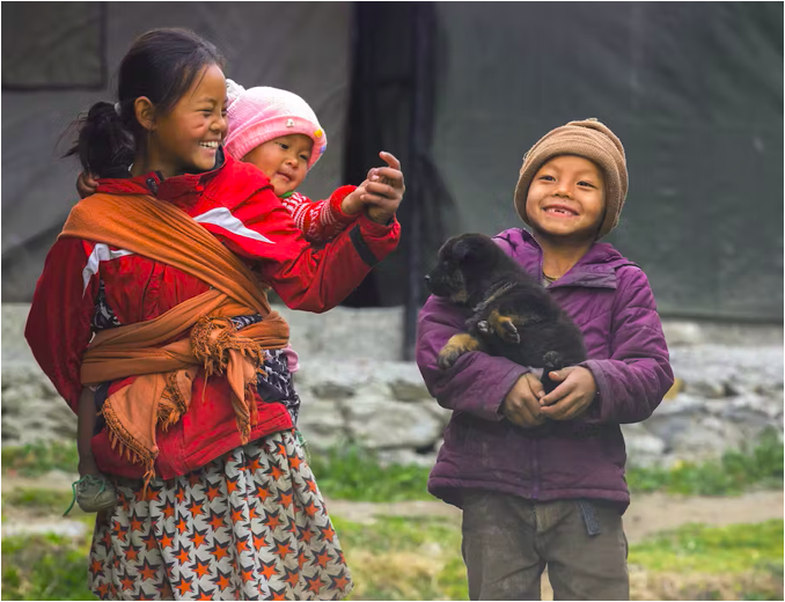
Have you heard of "big girl syndrome"? It's about the emotional burden that older girls tend to take on (and are encouraged to take on) in many families from a young age.
From looking after younger siblings, helping with chores, looking after sick parents to buying groceries, older girls often shoulder a heavy but invisible burden of household responsibilities from a young age. .
#EldestDaughter Syndrome is now trending on TikTok, where many teenage girls are talking about the unfair amount of unpaid (and unappreciated) work they do in their families, as well as discussing the negative effects on their lives, health and well-being.
Research shows that children make a significant but often overlooked contribution to housework. Mirroring the gender divide, girls aged five to 14 spend 40% more time on housework than boys.
As many girls express on TikTok, the syndrome can harm older girls' well-being and "steal" their childhood as they take on adult responsibilities.
The pressure of "big girl syndrome" can lead to a variety of symptoms, including:
- ankth dhe stres
- ndjenja faji
- vetëvlerësim të ulët
- presion mbi veten
- vështirësi në vendosjen e kufijve
- lodhje
Të ndryshojmë diçka që nuk e shohim mund të jetë e vështirë. Kjo është arsyeja pse të qenit më të vetëdijshëm për "sindromën e vajzës së madhe", jo vetëm si një luftë individuale, por edhe si një çështje e pabarazisë gjinore, është një fillim i mirë. Duhet që familjet të njohin barrën e padrejtë që mund t'i jetë vendosur vajzës së madhe dhe të rishpërndajnë përgjegjësitë shtëpiake në mënyrë më të barabartë.
The older daughter should be encouraged to develop interests, hobbies and friendships outside of family responsibilities. Family members should encourage open communication and create a safe and supportive environment where the older daughter can express her feelings and concerns without fear of judgment.
If your older daughter is experiencing severe symptoms such as anxiety, it may be necessary to seek professional help from a therapist.





